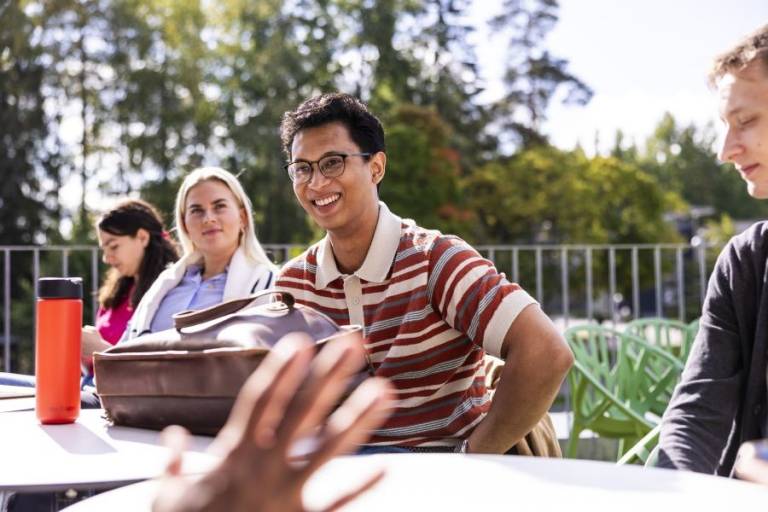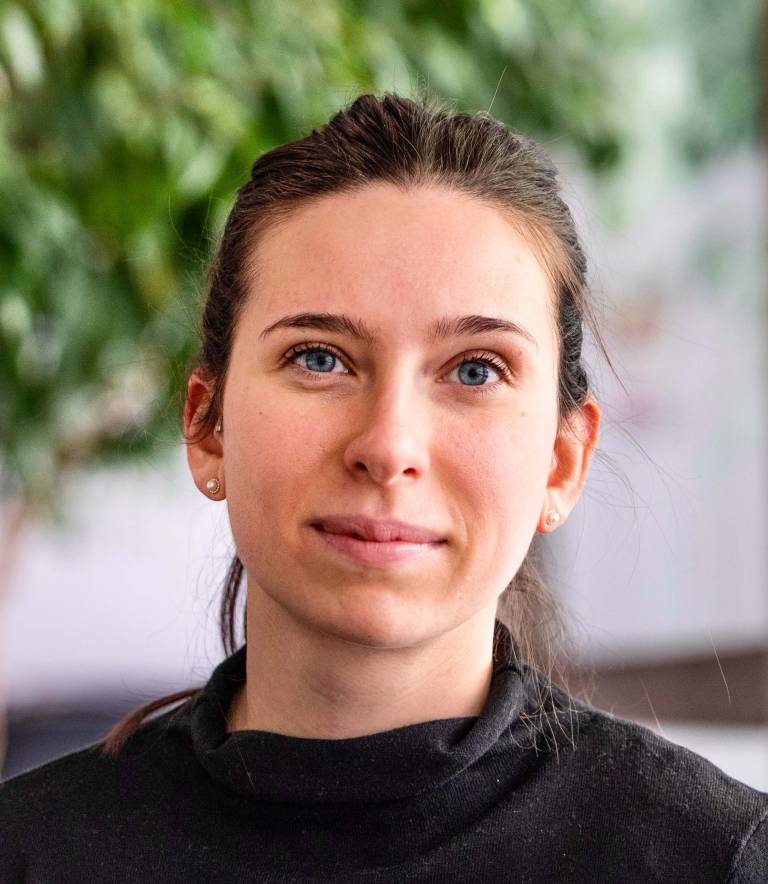SAFER Student Story by Aino Kiiveri
I am a second-year SAFER-student from Finland. I have a deep love for science-fiction and historical dramas; my interest in defense politics and strategy can be traced back to me being eleven and seeing Two Towers for the first time. I have a Joint Honors Masters of Arts degree in History and International Relations from the University of Aberdeen, in Scotland.
Why did you choose this program? What intrigued you?
I did my undergraduate dissertation on nuclear deterrence (IR) and final project (History) on the Troubles in Northern Ireland. I had already, in my undergraduate studies, started moving towards national and international security and defense, so when I moved back home due to the pandemic and decided to look for a master’s program in Finland, I was looking for programs that would allow me to continue down this track. SAFER was the only program I found which allowed me to do so in English.
What does security/safety mean to you?
In terms of feeling secure or safe, I think it is a relative absence of unease or fear. In terms of governance, security and safety mean having a nation or a community in which everyone is equal and safe, and no one feels targeted or disregarded. The experience of security and safety is so individualistic, and it is vital that we strive for a community where it is not just the majority who feel protected and safe.
The program is multidisciplinary. What niche are you interested in?
International security. I have dabbled in public security provision, most specifically private companies’ provision of public security, but have returned to international security. Currently, I am focusing more on crisis and conflict management and the international community’s role.
What would you say to someone planning to study this program?
Try and have some form of plan or direction you want to take your studies. The program allows for a lot of independent decision-making, and there are very few compulsory courses. If you do not have a direction you are heading towards, it is easy to become overwhelmed with the free-choice modules. Having a lot of choices is a good thing. It allows you to tailor your studies to fit you precisely and for you to find new and exciting topics to explore, but having a general plan will make the process a little bit less painful.




